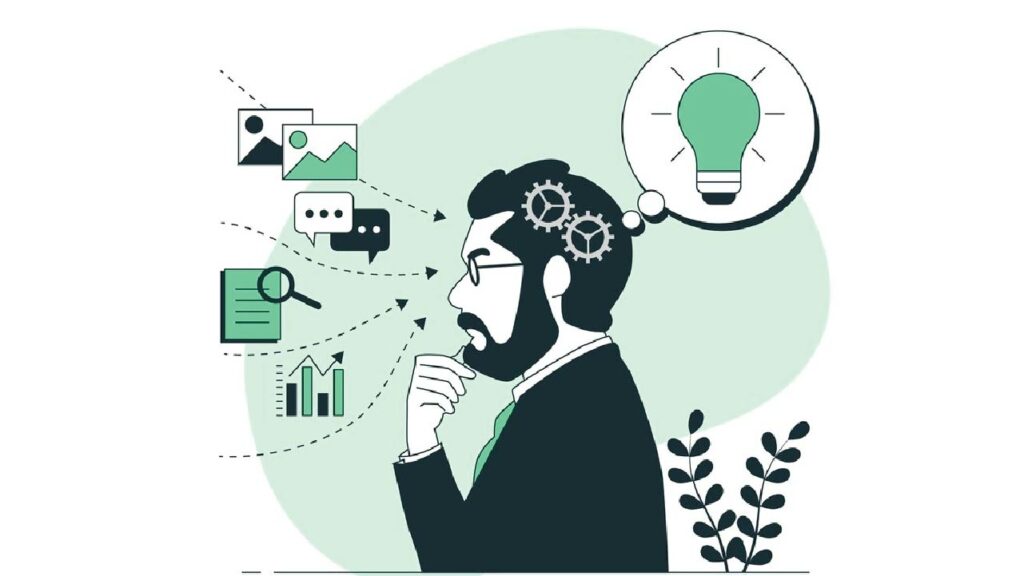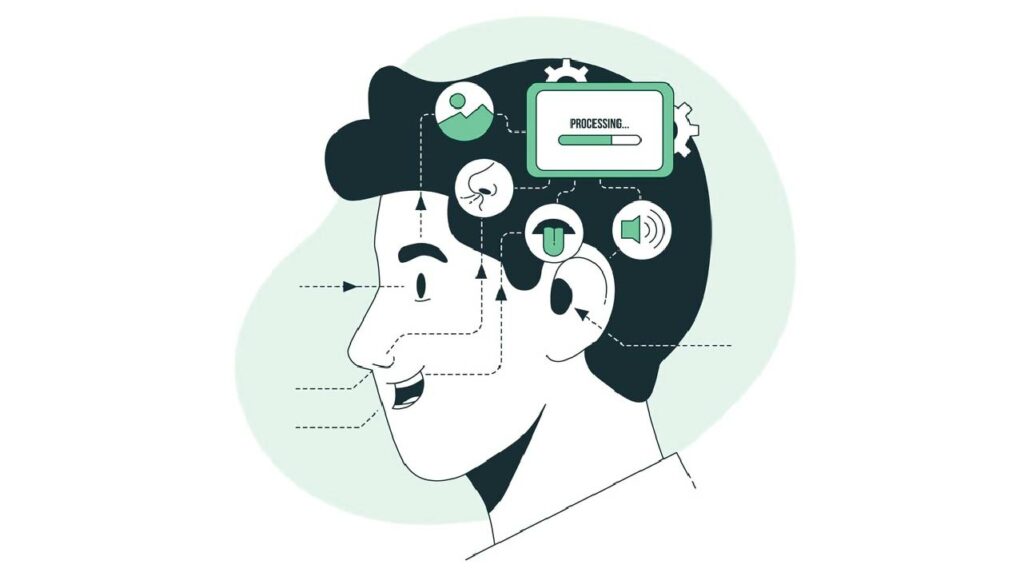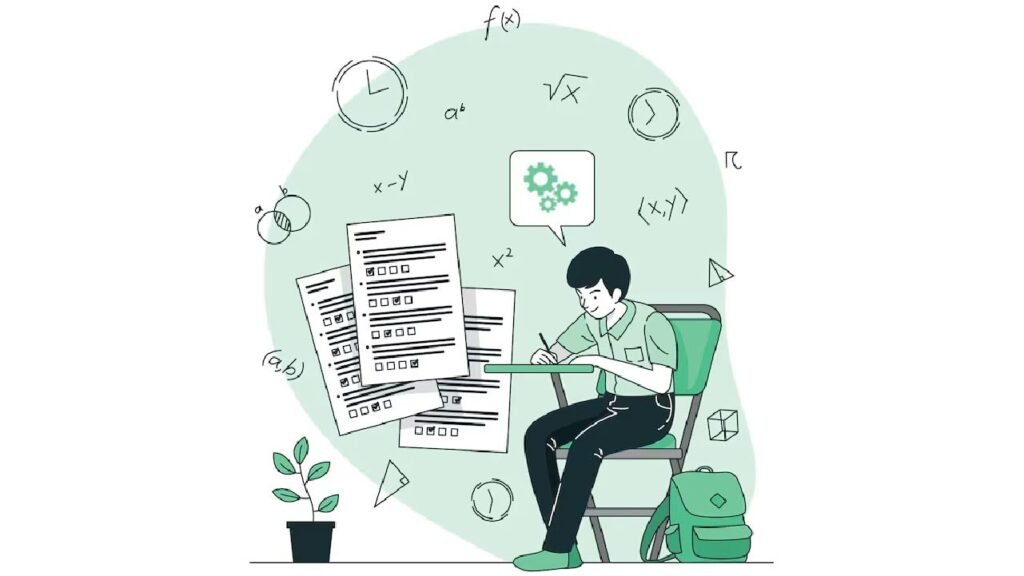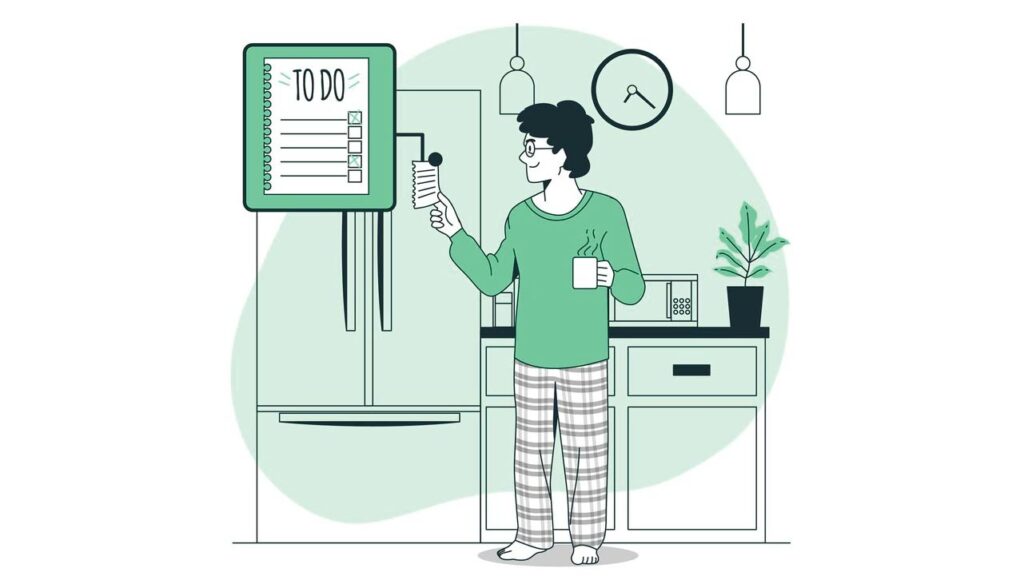
If you’re a freelancer, you’ve likely encountered the term “expert” in your industry. It’s a label many aspire to achieve, but it’s also a term that can be subjective. When can you indeed call yourself an expert as a freelancer? Is there a specific point in your career where you earned this prestigious title, or is it a matter of personal perception? In this blog, we will explore the journey to becoming an expert freelancer and discuss when it’s appropriate to use this title.

Defining Expertise
Before we delve into when you can claim expertise, let’s define what it means to be an expert. An expert possesses a high skill, knowledge, and experience in a particular field. They are recognised for their competence, and others seek their advice and guidance. As a freelancer, expertise can be associated with your niche or industry, such as web design, content writing, marketing, or any other field.

The Learning Curve
The path to expertise is seldom linear. It’s more like a winding road with various twists and turns. For most freelancers, the journey begins with acquiring new skills and knowledge in their chosen field. This phase often involves a steep learning curve as you immerse yourself in the intricacies of your industry. You gain experience by working on projects, collaborating with clients, and refining your abilities.
During this learning phase, you may not yet consider yourself an expert, but that’s perfectly normal. Recognising your limitations and areas for improvement is a crucial step in your development.

Accumulating Experience
Expertise is closely tied to experience. The more projects you complete and clients you work with, the more you hone your skills. Over time, you’ll find that you have a substantial portfolio of work to showcase your abilities. However, there’s no magic number of projects or years of experience that automatically grants you expert status. It’s more about the quality of your experience than the quantity.

Building a Reputation
As you accumulate experience, you’ll build a reputation within your niche. Clients satisfied with your work will likely refer you to others, and positive reviews can play a pivotal role in establishing your reputation. When you consistently receive praise for your expertise and the value you provide, it indicates that you’re on the right path toward becoming an expert.

Continuous Learning
Becoming an expert is not a destination but a journey. In many fields, the landscape is constantly evolving with new technologies, trends, and techniques. To maintain your expert status, you must commit to continuous learning. Attend workshops, conferences, and online courses to stay updated with industry developments. The willingness to adapt and stay current is a key characteristic of experts.

Self-Perception
While others often recognise expertise in your industry, it’s also a matter of how you perceive yourself. Confidence in your abilities and the willingness to take on challenging projects are signs that you are moving closer to expert status. When you feel comfortable and competent in your work, it’s a good indication that you can start considering yourself an expert.

Using the Title "Expert"
When can you start calling yourself an expert as a freelancer? There is no universally agreed-upon milestone or specific moment to do so. It’s a decision that largely depends on your self-assessment and the recognition you receive from your peers and clients. Here are some key factors to consider:
1. Experience: Have you gained significant experience in your field, and do you consistently deliver high-quality work?
2. Reputation: Are you known for your expertise within your niche? Do clients seek your services based on your reputation?
3. Confidence: Do you feel confident in your skills and ability to tackle complex projects?
4. Feedback: Have you received positive feedback and testimonials from clients and colleagues who recognise your expertise?
Once you feel these factors align with your self-assessment, it may be appropriate to use the title “expert” to describe yourself as a freelancer.

What is the right time to call yourself one?
Becoming an expert freelancer is a journey filled with learning, experience, and personal growth. There’s no fixed point at which you become an expert, but rather a gradual process that involves skill development, reputation building, and self-perception. As you gain experience and recognition in your field, you’ll naturally gravitate toward calling yourself an expert when discussing your services with clients and colleagues.
Remember that expertise is not static; it requires continuous effort to maintain and improve your skills. Stay dedicated to your craft, embrace new challenges, and keep learning to ensure that you deserve the title of an expert in your field. When others acknowledge your expertise, and you feel confident in your abilities, it’s the right time to call yourself an expert freelancer.
